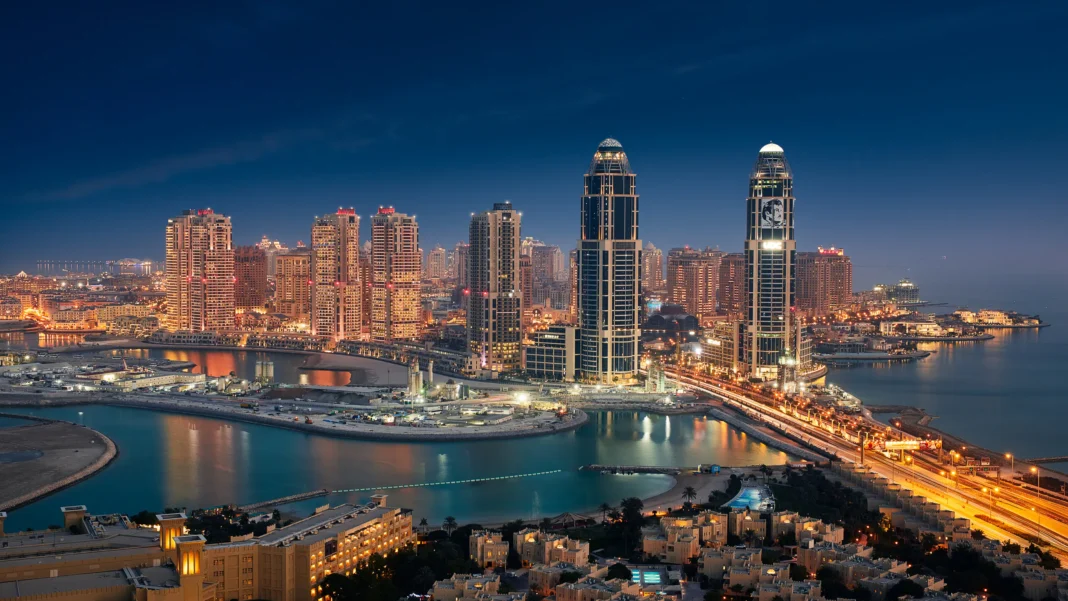Qatar and its Gulf Cooperation Council (GCC) peers will drive stronger growth in 2025 and 2026. Rising oil output, resilient non-oil sectors, and strong domestic demand will boost expansion. Experts expect this growth to highlight the region’s economic resilience. The ICAEW Economic Insight report predicts GCC GDP growth at 4.1 percent in 2025. Growth should reach 4.6 percent in 2026.
Energy-sector gains, including higher oil and gas output, will rise 4.9 percent in 2025 and six percent in 2026. Non-oil sectors will expand through stronger labor markets and increasing credit. Ongoing diversification efforts will push non-oil growth to around four percent in 2025. This combination strengthens the GCC’s economy amid global trade tensions and softer oil prices.
Qatar will expand by 2.7 percent in 2025 before accelerating to 4.8 percent in 2026. The government will increase production and fiscal revenue through the North Field LNG project. In addition, investors will benefit from Qatar’s economic growth and government policies supporting infrastructure and private-sector development. These measures will ensure long-term economic stability.
Kuwait expects GDP growth of four percent in 2025, driven by a seven percent rise in oil output. Fiscal reforms, including the new debt law, will enhance flexibility and support diversification. Meanwhile, the UAE will grow 5.1 percent in 2025. Non-oil GDP will rise 4.7 percent, accounting for 77 percent of total output.
Furthermore, Saudi Arabia will expand by 4.2 percent, led by a five percent growth in non-oil sectors such as construction, trade, and financial services. Experts emphasize that diversification drives measurable economic resilience. However, Qatar’s economic growth, together with other GCC economies, reflects strong reforms and investments. Even with geopolitical tensions, energy production increases and robust non-oil sectors sustain steady expansion.
Overall, Qatar and the GCC will lead regional economic growth while surpassing global peers. Investments in energy and non-oil sectors will ensure steady expansion. Policymakers will focus on fiscal reforms, infrastructure, and private-sector growth. These actions will maintain long-term stability and resilience across the GCC.





